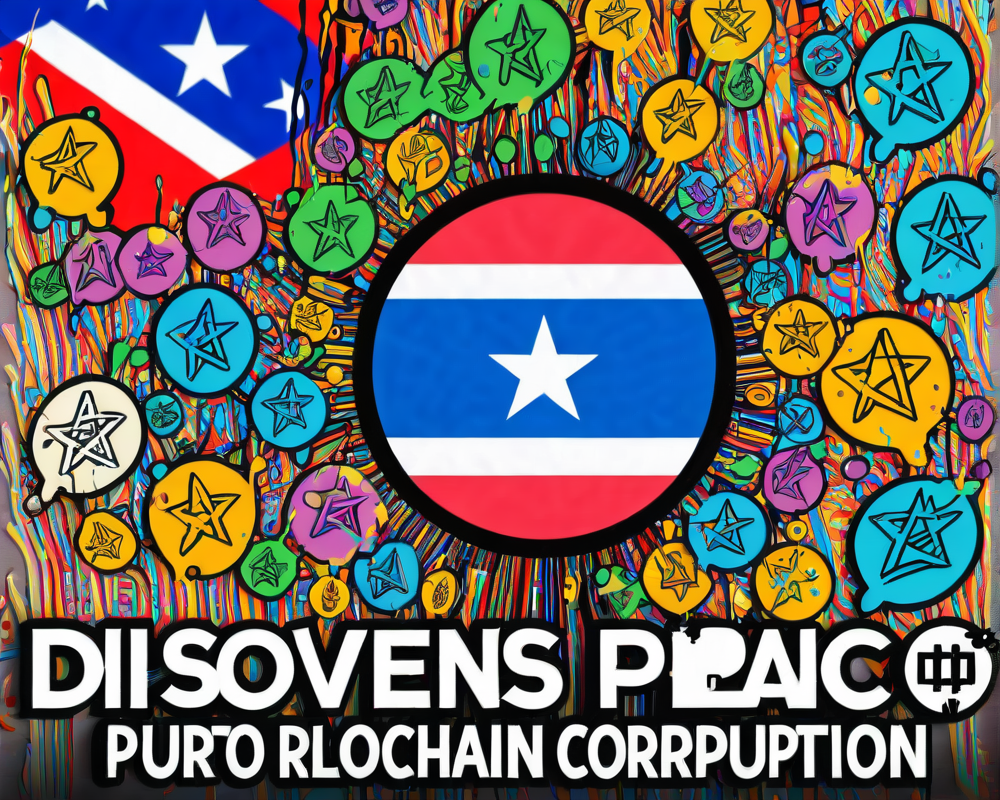Blockchain: A Potential Anti-Corruption Savior
After a recent corruption scandal sent shockwaves through Puerto Rico, lawmakers are turning their sights toward blockchain technology. House Speaker Rafael “Tatito” Hernandez announced that collaboration with local blockchain aficionados is on the agenda this month, with the aim of exploring how this cutting-edge tech can bolster anti-corruption measures.
A New Kind of Transparency
At the Puerto Rico Blockchain Trade Association conference, Hernandez emphasized that the infusion of blockchain and smart contracts could usher in a much-needed era of transparency and accountability in the government.
“We have a real credibility problem and this might be part of the solution,”
he declared, hinting at a strategic pivot towards establishing Puerto Rico as a crypto and blockchain hotspot.
Reviving the Economy with Blockchain
The idea is particularly pertinent given Puerto Rico’s economic woes. Hernandez reminisced about the island’s manufacturing heyday in the 60s and 70s, suggesting that blockchain might serve as a rejuvenating niche that could stimulate job creation and economic growth.
“This is a new niche, a new opportunity to create jobs,”
he stated, which got conference attendees buzzing like a beehive full of honey.
Corruption: A Spanning Global Issue
Puerto Rico is not going solo in this quest. Countries worldwide are considering blockchain’s potential to combat corruption. Denmark’s Ministry of Foreign Affairs reported in the past year on how blockchain could tackle administrative mischief. Meanwhile, the United Nations’ drugs and crime agency has urged Kenya to harness blockchain as its knight in shining armor against government malfeasance. If only every country could hold hands and sing “Kumbaya” around a blockchain ledger!
The Russia Enigma
Interestingly, even Russia, notorious for its own corruption challenges, has prohibited its officials from dealing in cryptocurrency. As Maria Agranovskaya, a legal attorney and fintech expert in the Russian State Duma, noted, cash is still the preferred medium for illicit activities due to its opaqueness. She argued that if proper Know Your Customer (KYC) and Anti-Money Laundering (AML) regulations are enforced, crypto transactions could actually be more transparent. Who knew that cash could be such a slippery character?




